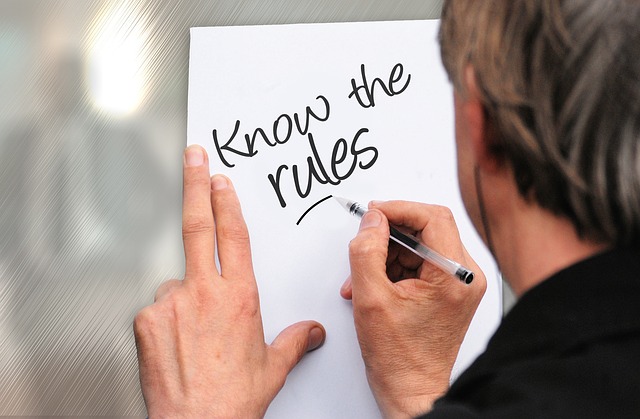Small businesses can file for bankruptcy. There are two main types of bankruptcy that small businesses can consider: Chapter 7 and Chapter 11.
Chapter 7 bankruptcy, also known as “liquidation bankruptcy,” is typically used by small businesses that cannot pay their debts and want to close down operations. In a Chapter 7 bankruptcy, a trustee is appointed to sell the business’s assets to pay creditors.
Chapter 11 bankruptcy, also known as “reorganization bankruptcy,” is typically used by small businesses that want to stay in operation but need to reorganize their finances. In a Chapter 11 bankruptcy, the business is allowed to continue operating while it develops a plan to repay its creditors over a period of time.
Both types of bankruptcy can have significant consequences for a small business and the business owner(s). There may be damage to its reputation and credit. The kind of entity that you have also can play a role in the decision to file for bankruptcy. Before calling an attorney know if you have a corporation, LLC or a sole proprietorship. Also, you will need to know how much of the business you own and who the other owners of the entity might include.
It’s important to consider all options before filing for bankruptcy and to seek the advice of an experienced bankruptcy attorney to determine the best course of action for your individual business.
